Oh, no: Is it FOMO?
I want to share a short story about a recent interaction with my neighbor, Jodie, about gift giving and missing out. It is a holiday FOMO (fear of missing out) story with a happy ending.
On a recent afternoon, while I raked my leaves in the front yard, Jodie, my neighbor, came by to chat.
“This is hard for me. But I want to talk to you about not getting each other gifts for the holidays,” Jodie said to me.
Ok, I said. Thank you for your honesty....
In the moment, I felt a mixture of relief and rejection at the same time. All kinds of thoughts came rushing in. We have been neighbors since 2008, and every fall the Hickory tree in front of my house drops all its leaves right into the shared driveway and into the neighborhood, all the way down the street, three maybe six, houses down. It’s a big tree that seems to willfully dump all of its leaves for a good eight weeks every year. Faced with her innocent but important request, I self-consciously worried my neighbor was upset with me about the tree.
But no. The tree had nothing to do with it.
As I leaned on my rake and made the effort to listen closely to Jodie’s words and being, I understood that Jodie’s concern was about keeping things simple this year during the holidays. We agreed not feeling pressure about giving gifts was best for everyone. I felt relief about saving time and energy, and I also felt gratitude for my neighbor, Jodie.
Staying peaceful and present during social interactions requires courage and commitment, because social rules and expectations can sometimes be confusing. Things can get awkward, and there’s a chance for conflict and misunderstanding to arise. But any awkwardness or confusion is not necessarily a sign of failure. In fact, that awkwardness or confusion can be a prompt to be curious about what is really happening.
Social interactions can also be a source of delight and a great place to practice your mind-body skills: breathing slowly during an interaction, being present, and using a soft gaze to “take in” the person in front of you — these are all ways to practice your mind-body skills.
And what about the FOMO?
Truthfully, the thought of no gift exchange this year did make me have a little fear of missing out on that heavenly feeling of community and belonging. I thought of missing an opportunity to tell my neighbors that I care about them through a little gift left on the doorstep during the holiday season.
Okay, so: Is giving material gifts the only way to let someone know you care?
Maybe a “no gifts” policy is an invitation to find new ways to express love and care. Maybe it is the season of giving gifts that are not material in nature. Non-material gifts are “gifts” that can be felt.
Bring Heaven Down
You can think of interactions with your neighbors or your friends and family or perfect strangers as a chance to bring some heavenly energy into the human mix.
What is something you could give which is of high value yet costs no money, and which can potentially also be returned to you in kind?
Here are some ideas for heavenly gifts you might give and receive:
Smiling
Having good and lovely thoughts
Being on time
Deep listening
Quiet
Simplicity
Being considerate, civil, and polite
Clear communication
Honesty
Patience
You might think of a few more items for this list.
I think of these things as a way to bring some heavenly energy into life, which reminds me of the movement called Bring Heaven Down in Qigong and Tai Chi sequences. See the photo GIF below.
Bring Heaven Down (GIF)
The Bring Heaven Down movement shown here is a closing move for a sequence of movements in Qigong and Tai Chi. Try it now: Breathe in as you raise and open your arms to gesture toward the sky, and then, slowly breathe out as you are bringing your finger tips close together (almost touching and making a “roof shape” with your hands) and simultaneously lowering and gently guiding your hands down the front of your body in a gesture of closing and sealing a benevolent intention. Do this a few times so that you match the duration of your movements with the duration of your inhalations and exhalations.
Bring Heaven Down gets used as a closing movement in some Tai Chi and Qigong forms and sequences. The move is a gesture of gratitude and also a conscious conclusion. It is also a kinesthetic metaphor, like a mind-body prayer or gesture, for bringing the benefits of your practice into your ordinary life. As you do the movement, your intention can be to share the blessings and benefits of your practice through your whole being as you pass your hands near different areas of your body.
Many areas of your life can benefit when you do mind-body practice regularly.
To add a dash of motivation to practice these things, I want to share this quote from journalist and podcaster, Ken Makin, who writes about issues of social justice and curbing violence in communities. He writes about expressing a deeper humanity in our human interactions, especially because we know our world is complex, volatile, uncertain and even tragically violent at times. These are the times to Bring Heaven Down.
“We are human beings, and even just the benefit of the doubt toward our neighbor could be the beginning of a revolution [of benevolence].”
You can read Makin’s short article, “The Revolution of Benevolence,” here.


